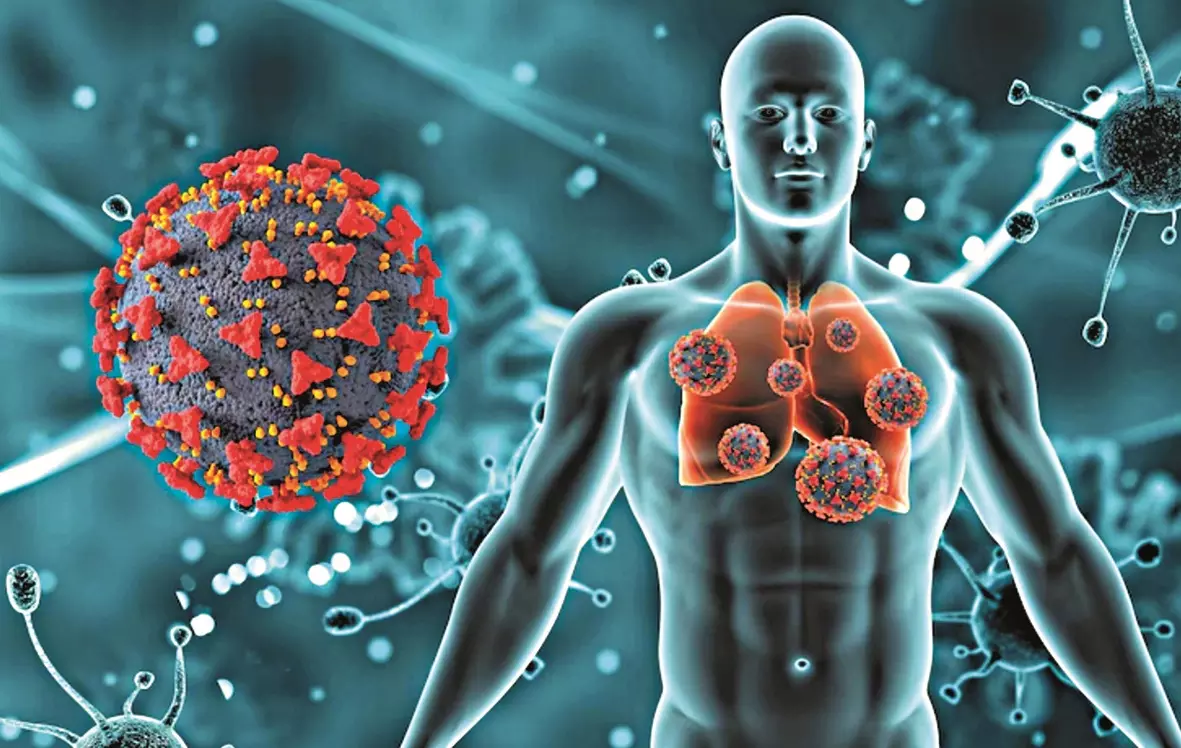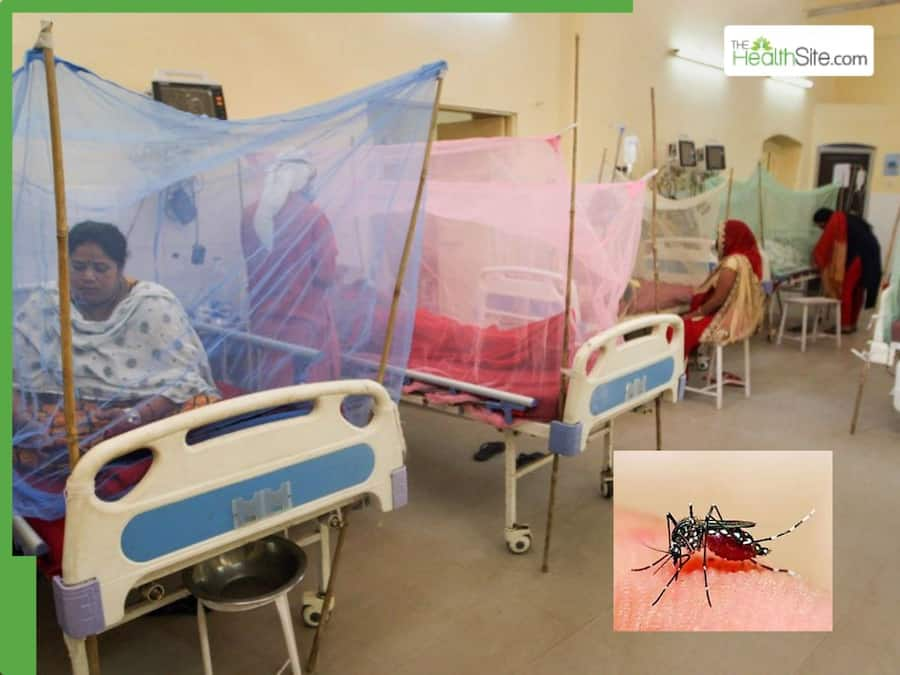
There has been a surge in Covid-19 cases across the country. As per data from the Union Health Ministry (June 2), this number of active cases has reached 3,916. Experts believe this uptick is due to fast-spreading NB.1.8.1 and the LF.7 sub variants of the Omicron virus. The number of active cases is nearing the 4000-mark.
Unique Properties
“The new NB.1.8.1 is a direct descendant of Omicron” says Dr. Vishal Gabale, MBBS DNB Internal Medicine, Doctor & Educator. This strand belongs to the JN.1 lineage. It shares most of its traits with the previous variants. Dr Vishal opines that reasons for its fast spread could vary from it being better binding with human cells to being prone to populace surroundings. Dr Vishal says, “NB.1.8.1 is not a variant of concern but one, just under watch.”
Other reasons for this aggressive spread are the mutations that take place in the spike protein. Dr Pallavi Periwal, Consultant Pulmonologist and Critical Care Physician, MBBS, DNB Resp Medicine & Gold Medallist explains that the NB.1.8.1 variant attacks most of the ‘virus-blocking’ antibodies. Think of this as an attack on those antibodies (body soldiers) that otherwise are meant to protect against such viruses.
Dr Vijayalaksmi Balakrishnan, an Infectious Diseases Specialist at Dr. VL’s Centre for Infectious Disease, Chennai says, “This variant presents itself in the upper respiratory tract mostly, while it is highly infectious, it isn’t as fatal.” Suggesting that chances of individuals developing pneumonia or dying are comparatively less. However, what’s clear is that the NB.1.8.1 is a pervasive one. With this variant infecting you despite previous vaccine or booster shots.
Same But Different
Dr Sameer Arbat, Interventional Pulmonologist, One Healthcare explains how the NB.1.8.1 subvariant of Omicron tends to exhibit enhanced transmissibility and evasion capabilities. It may present itself to be a naïve variant as previous ones exhibiting common symptoms that range from cough, sore throat, mild fever, fatigue and gastrointestinal issues.
Important to note here is that the World Health Organization has also designated NB.1.8.1 as a ‘Variant Under Monitoring’ (VUM). It’s a variant under observation. Dr Pallavi believes while this strand is more contagious, it isn’t as severe. She says, “Most of the reported cases have been mild in nature.”
Given its nature being placed under the VUM category, there could be possibilities of it also exhibiting an additional symptom. Dr. Pallavi says, “It has been reported that the newer variants cause an issue with the thermoregulation mechanism of the body.”
Dr Pallavi opines that such a condition leads to a low grade but definite rise in body temperature. For instance, there may be no fever spike or rapid breathing. However, temperatures may show otherwise. Dr Pallavi quips, “This is probably due to the prolonged cytokine release from the virus.”
Despite its less severe nature, its transmissibility is a concern for most experts in the healthcare fraternity. It is not susceptible to previously taken vaccinations. Dr Sameer says, “It’s heightened transmissibility and potential to evade immunity are concerning.”
Present Scenario
Several states like Kerala, Tamil Nadu, Karnataka, Delhi and Maharashtra have reported a surge in the number of Covid-19 cases. Kerala now has a total of 1,336 cases, nearly half of the country’s total. Dr Vijayalakshmi shares how most of the reported cases don’t witness a fever go above 104. With the fever kicking in during the initial two days and then other symptoms following. Experts opine that those who develop symptoms should seek immediate medical help and get tested. Delay could be costly in terms of poor recovery. Yet, it is important to isolate yourself if you feel sick, especially while you await test results.
Precaution Over Panic
The NB.1.8.1 subvariant has managed to gather enough panic. But doctors suggest people should follow protocol and stay safe. Dr Sameer says, “There is no need to panic. People should avoid forwarding any information which is not available from a reputable source.”
Tips To Stop Spread
Vaccination: Stay up-to-date with Covid-19 vaccinations and booster doses.
Mask up: Wear masks in crowded or poorly ventilated areas.
Hygiene: Practice regular handwashing and use hand sanitizers.
Testing & Isolation: Get tested if symptomatic and isolate self immediately.
Stay Informed: Follow timely updates from healthcare authorities reg new guidelines or recommendations.



